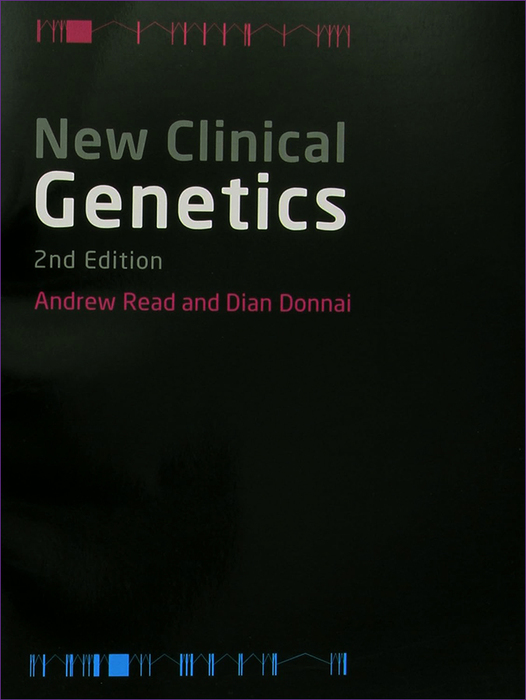內容簡介
New Clinical Genetics is a best-selling medical genetics text written by two experts in the field. Uniquely the book fully integrates cases throughout - these are then reconsidered and expanded as the reader's knowledge increases. The second edition of New Clinical Genetics has been comprehensively updated, but the unique structure and format of the first edition have been retained. New cases have been introduced covering Fragile X and the identification of an underlying chromosome problem by SNP chip analysis.
The innovative integrated case-based approach coupled with the clear writing style of the authors has made this book a hugely successful textbook for medical students worldwide. It is also an essential guide to modern medical genetics for all those involved in the field, from clinical and nurse geneticists to genetic counselors. Printed in full colour throughout.
While many of the basic scientific principles remain, much new material has been added:
• SNP arrays and next generation sequencing (including whole exome sequencing) are described and their impact on clinical genetic services discussed
• noncoding RNAs are covered in more detail
• developmental pathways are discussed in the context of the RAS-MAPK pathway
• the value and limitations of genome-wide association studies for identifying susceptibility to common diseases are reviewed in the light of the extensive experimental data now available
• the final chapter has been substantially enlarged to show how genetic services are delivered and the increasing role of clinical geneticists in patient management
作者簡介
Andrew Read (PhD, FRCPath, FMedSci) is Professor of Human Genetics at the University of Manchester. He is co-author of Strachan and Read's Human Molecular Genetics the leading advanced textbook on the subject. He established one of the first molecular genetic diagnostic services in the UK and has a long-standing interest in what genetic testing can and should, achieve. Dian Donnai (FRCP, FRCPCH, FMedSci) is Professor of Medical Genetics at the University of Manchester and Consultant Clinical Geneticist in the NW Regional Genetics Service. She is one of the world's leading authorities on clinical genetics, especially the study of dysmorphic syndromes, and is an advisor to many national and international bodies on the clinical application of genetics.
目次
1. What can we learn from a family history?
2. How can a patient's chromosomes be studied?
3. How do genes work?
4. How can a patient's DNA be studied?
5. How can we check a patient's DNA for gene mutations?
6. What do mutations do?
7. What is epigenetics?
8. How do genes affect our metabolism, drug responses and immune system?
9. How do researchers identify genes for mendelian diseases?
10. Why are some conditions common and others rare?
11. When is screening useful?
12. Is cancer genetic?
13. Should we be testing for genetic susceptibility to common diseases?
14. What services are available for families with genetic disorders?
Guidance for self-assessment questions
Glossary
Index

